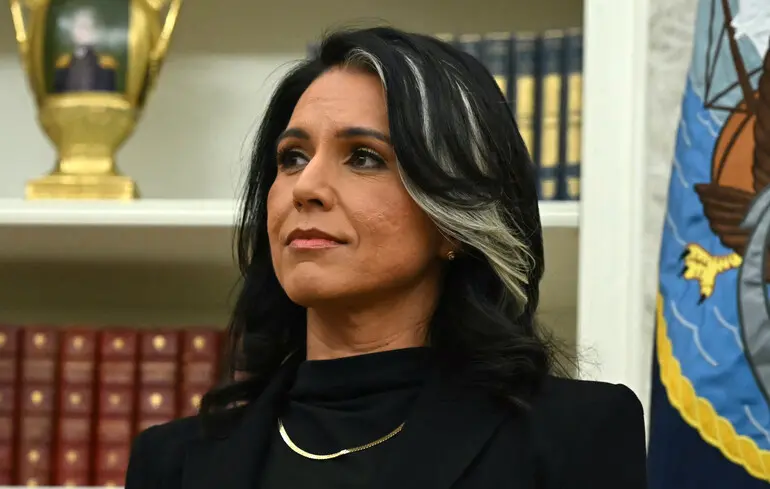U.S. Intelligence Agency Tightens Security Measures: Revoking Clearances for Dozens of Operatives Amid Internal Controversies

In recent weeks, the head of the U.S.
National Intelligence, Tulsi Gabbard, has made sweeping decisions to revoke access to classified information for over thirty members of the intelligence community, including former officials.
This move has sparked widespread debate within intelligence circles and political leadership, as its justification centers around suspicions of politicization and misuse of confidential data.According to Axios, Gabbard accused 37 personnel of violating internal security protocols, alleging they promoted personal or political objectives contrary to national security norms.The most notable aspect of this action is that among those affected are officials involved in assessing Russia’s interference in the 2016 presidential elections, as well as security experts from previous administrations.Experts suggest these actions could be part of a broader political effort by the administration to influence the intelligence environment and clear out potential opponents.
As attorney Mark Zaidi, representing several intelligence officers, raises concerns about legality: does this violate confidentiality laws? Since access permissions are stored in secured systems, publicly revealing them without proper authorization may lead to legal consequences.Overall, Gabbard’s decision has received mixed reviews, especially among former and current intelligence personnel, many of whom fear increased political pressure and decreased professional independence.
Media highlights that despite the lack of concrete evidence, such measures could adversely affect national security and the integrity of dialogue between the government and intelligence agencies.

